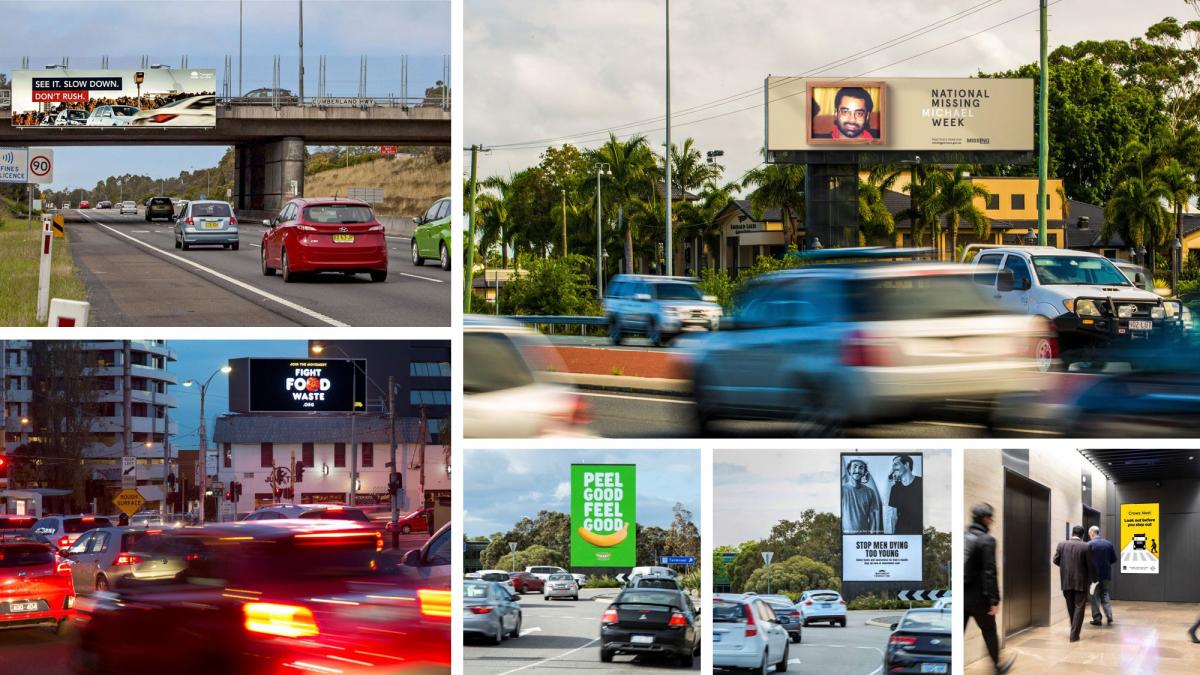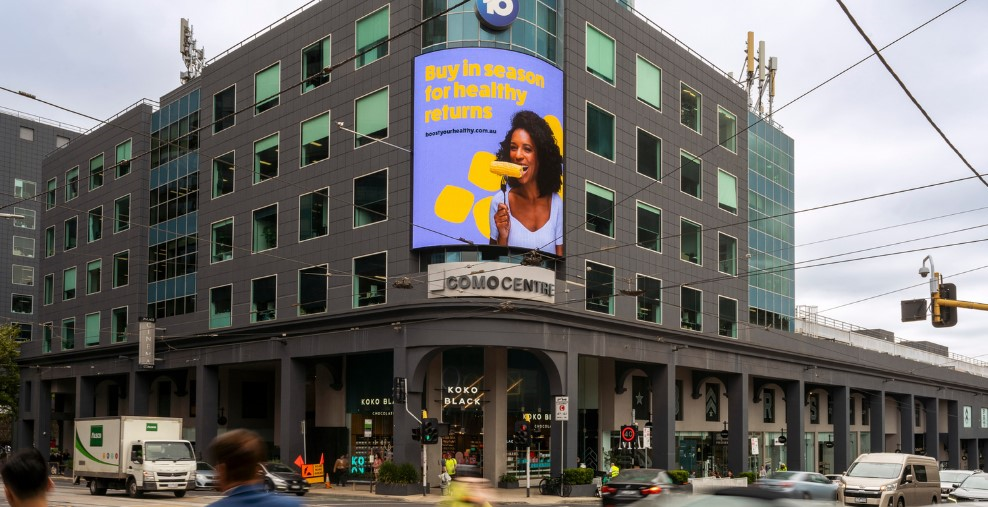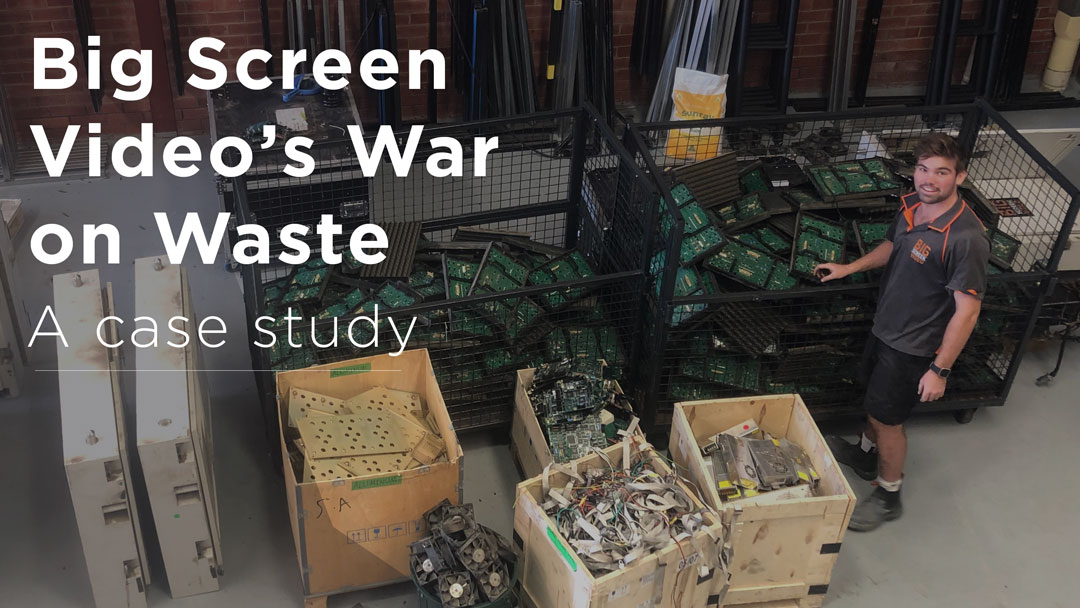The Out of Home (OOH) industry is an active member of the Australian community, from provision of public infrastructure, to donations of space and services for use by not-for-profit groups.
Because OOH advertising is effective, it is one of the most trusted channels used for broadcasting government and community awareness messages, including road safety, public health and community service campaigns. Now, with the opportunity of Digital OOH, the channel is even more accessible, enabling real-time communications to inform and interact with the community.
Providing essential services
The OOH industry has built, and maintains, more than 17,000 items of community infrastructure valued at $352M including: bus shelter, kiosks, park benches, and pedestrian bridges.
With an estimated $1 out of every $2 in revenue being returned to government and other landlords in rent and taxes, the industry contributes to the efficiencies of cities through an ongoing investment in Australia's public infrastructure and technology.
Community contribution
The OOH industry understands the important role it plays in the public domain. OMA members regularly run ground-breaking community service campaigns across the country.

National Health and Welbeing Policy
The OMA has partnered with Health and Wellbeing Queensland to run a national campaign encouraging the Australian public to eat more vegetables. Read more about this community partnership here.

Reducing industry impact
A sustainable industry is good for community and good for business. In recent years, the OOH industry has worked proactively to reduce its impact on the environment by:
- An almost 40% reduction in PVC use and consequential waste.
- Recycling of almost 100% of street furniture posters.
- Reduction of energy consumption by up to 65% at a range of sites through investment in LED lighting systems.
- Moving towards energy neutrality through the use of Smartlink, turning off lights on unoccupied static billboards, and installation of solar solutions at suitable sites.
In addition to the above, OMA members have provided sponsorships or in-kind support towards a range of community initiatives that champion environmental causes.

Big Screen Video is committed to creating social change through business. Its latest venture delves not only into tackling Australia’s ‘War on Waste’ but also providing opportunities for people with a disability.
Electronic Recycling Australia, based in Underdale, South Australia, employs able bodied and supported workers through Minda, a fellow South Australian organisation supporting those living with a disability. The facility is able to recycle all circuit boards, moulded plastic, bailing steel and plastic, with the only unrecyclable component being rubber - a material that has not featured on Big Screen Video’s panels for a number of years.
The current percentage of recyclable material on the older screens is 95%. When newer screens reach their end of life, the percentage of recyclable material will increase because the use of rubber has declined over the last few years.
Learn more about the codes we follow here